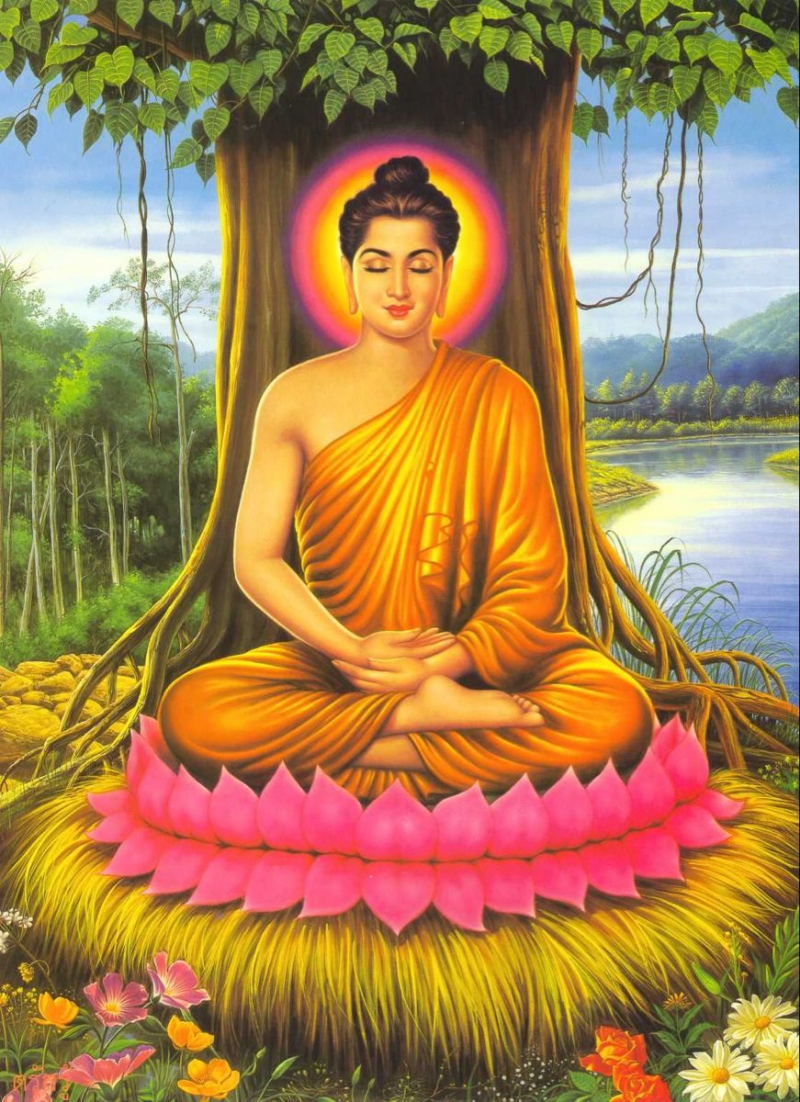Siddhartha Gautama

Siddhartha Gautama, the historical founder of Buddhism and the future Buddha, is an enigmatic figure. Siddhartha Gautama lived in north India around 563 BCE and was born into a noble family, according to researchers. His mother, Maha Maya, had a foretelling dream in which an elephant entered her womb.
Siddhartha Gautama appeared from beneath her right arm after ten moons. Siddhartha Gautama lived in extreme luxury in his family's palace, shielded from the outside world and its ugliness. He married the princess Yashodhara when he was sixteen, and she bore him a son.
When Siddhartha Gautama was twenty-nine, he went on a carriage ride outside his palace's walls and witnessed the world's heinous sufferings in awe. He witnessed hunger, rage, greed, arrogance, evil, and so much more, and he was left wondering what caused these calamities and how they could be alleviated. At that point, against his father's wishes, he gave up his life of luxury, power, and prestige and embarked on a journey to find a lasting cure for human suffering.
His first step was to become an aesthetic, a person who foregoes all worldly pleasures, including food. But he soon realized that this, too, did not result in true happiness. And, having already lived a life of incredible material wealth and luxury, he knew this wasn't the way to go. Siddhartha Gautama came to the conclusion that true happiness must be found somewhere in the middle, a doctrine known as "The Middle Way."
Siddhartha Gautama sought a solution to human happiness through meditation and introspection. Then, one day, while sitting under a tree, he realized his true nature and awoke to the truth of all reality, transforming him into an enlightened being capable of living a truly happy and peaceful life. From there, the Buddha began sharing his experience, spreading his wisdom, and assisting others in escaping their own suffering.
Siddhartha Gautama developed doctrines such as The Four Noble Truths, which describe the causes of human suffering and how to alleviate them, as well as the Eightfold Path, which is essentially a code for living that allows one to face life's pain and live happily.
Many people thought he was a god because of his wisdom and charming personality, but Siddhartha Gautama consistently insisted that he was not and should not be worshiped as such. Nonetheless, a large number of people did, and after his death, his many followers disagreed on how to proceed. This resulted in the formation of numerous "sects" of Buddhism, each of which incorporated the Buddha's teachings in different ways, and which gave rise to a variety of entities.










